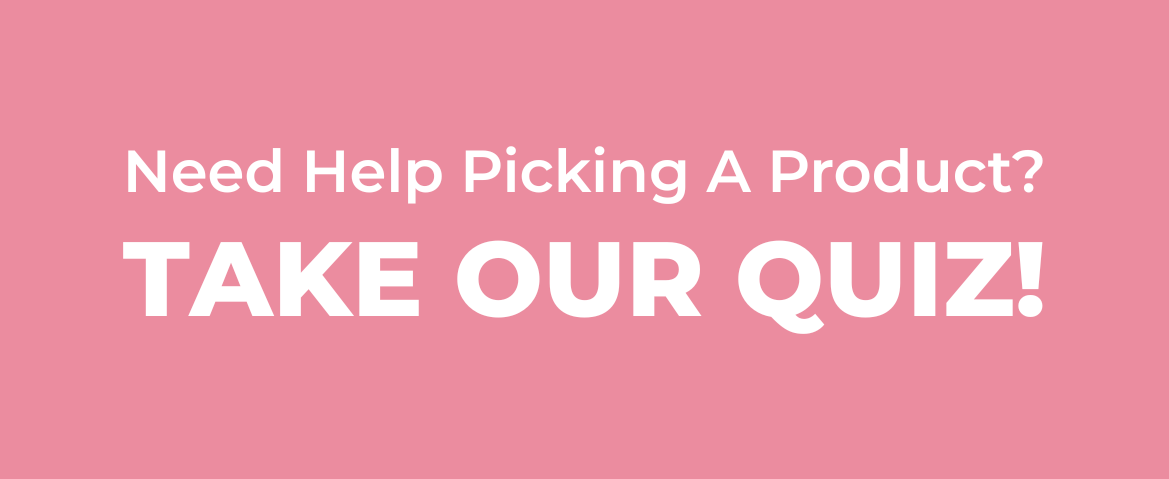This healed my relationship with food
Hi everyone,
It's Salpi, your One Sol Nutrition Coach.
I wanted to talk about counting calories because I feel like it's something that gets a lot of bad press, but can actually be beneficial if applied properly.
Many people often view tracking food and caloric intake as a challenge. Whether it's something you just don't like doing or you associate a negative connotation to it.
And I admit, it can come off as restrictive and "pressure-some" but once we separate counting calories from it's bad reputation, it can actually be quite healing towards your relationship food.
See, counting calories should not be accompanied by the idea of "I have to eat the least amount of calories possible." The amount of calories you consume should be aligned with the goal you are trying to achieve. Counting calories is simply there to help you track what it is you're consuming.
Think of it as a tool for giving you valuable insight into your diet and lifestyle.
The vast majority of people are unaware of their actual caloric intake and either underestimate or overestimate what they eat.
If you’re a person who’s either attempting to lose or gain weight, this can be a tool you can benefit from. But it can only help you if you are completely and utterly accountable and consistent with it.
Ready? Let's take a deeper dive into what goes in your food log.
A food log is basically your food diary and in this diary you will track:
Meal prepping is a great way of ensuring that your meals are portioned exactly the way you need them and leaves little room for error caused by human error. Excuses like "well I didn't have my kitchen scale with me" and "I think I know how much a cup is" also become obsolete.
Now, the trick is to write down and track all of your meals prior to eating or right after finishing. I recommend before as a sure way of not forgetting to write down your meal.
And if you choose to leave it for the end of the day, you do risk being mindful of your eating habits.
Doing so consistently will keep you accountable to your overall diet and weight loss goals. So you can kiss goodbye to wondering why your efforts aren't showing results.
Over time, you can consistently adjust your eating habits in a way that best fits your lifestyle goals.
If you’re the kind of person who struggles to consistently eat or succumbs to late night binge eating, keeping a food diary can be the exact tool you need to help you heal your relationship with food!
Having to routinely check in with yourself throughout the day will only remind you of what you're achieving, increasing your willingness to stay on track.
And that's my full scoop on why you shouldn't fear counting your calories!
If you're looking to get started on your fitness journey, or you're just looking for some fine tuning, check out our Free Macro Quiz Calculator! All you need to do is just answer a few simple questions, and our team at One Sol will provide you with a complete breakdown of how many calories we recommend you consume to help with your goals as well as a macro split to help you attain those calories.
Till next time!
Salpi Thorossian, CNC
salpi@onesol.com












